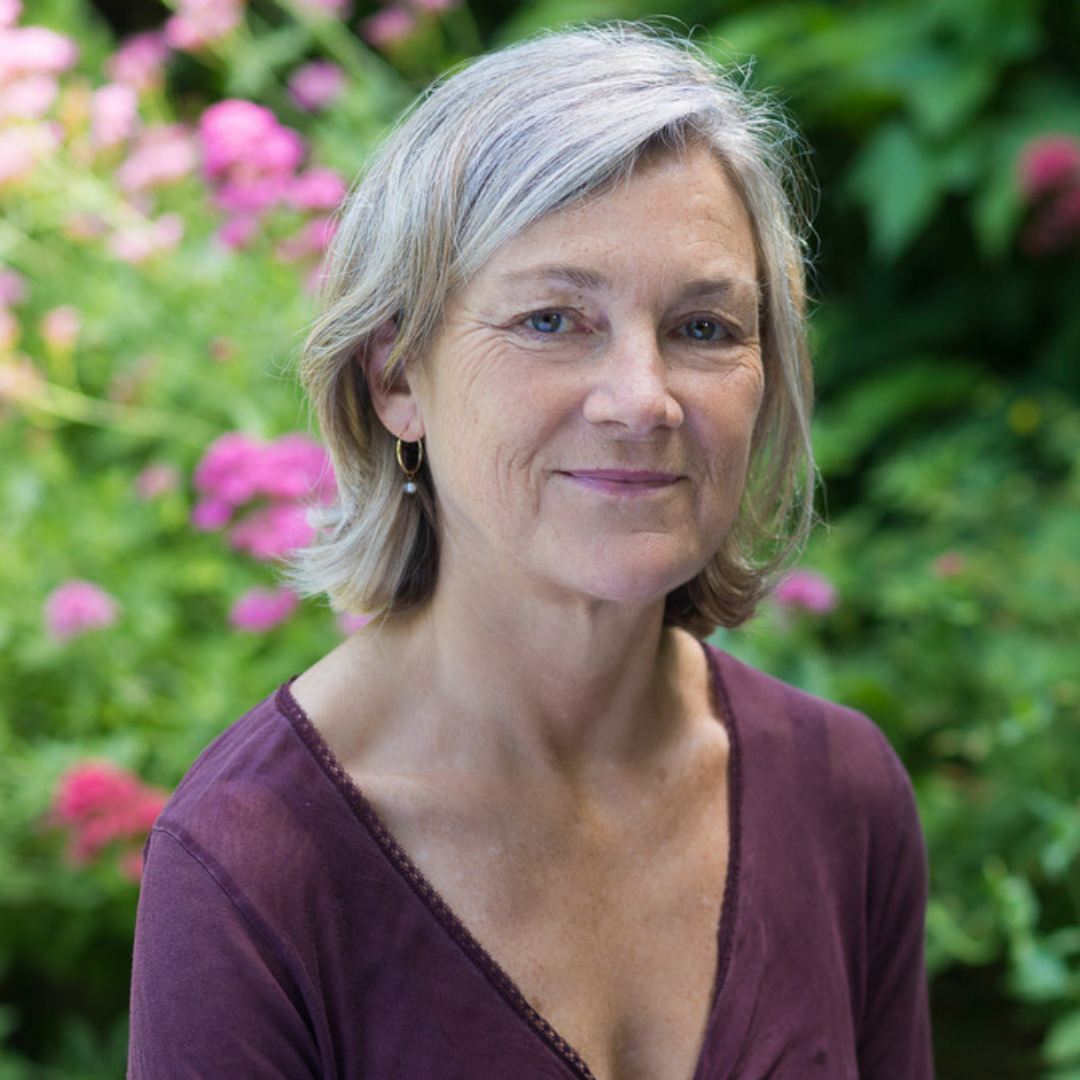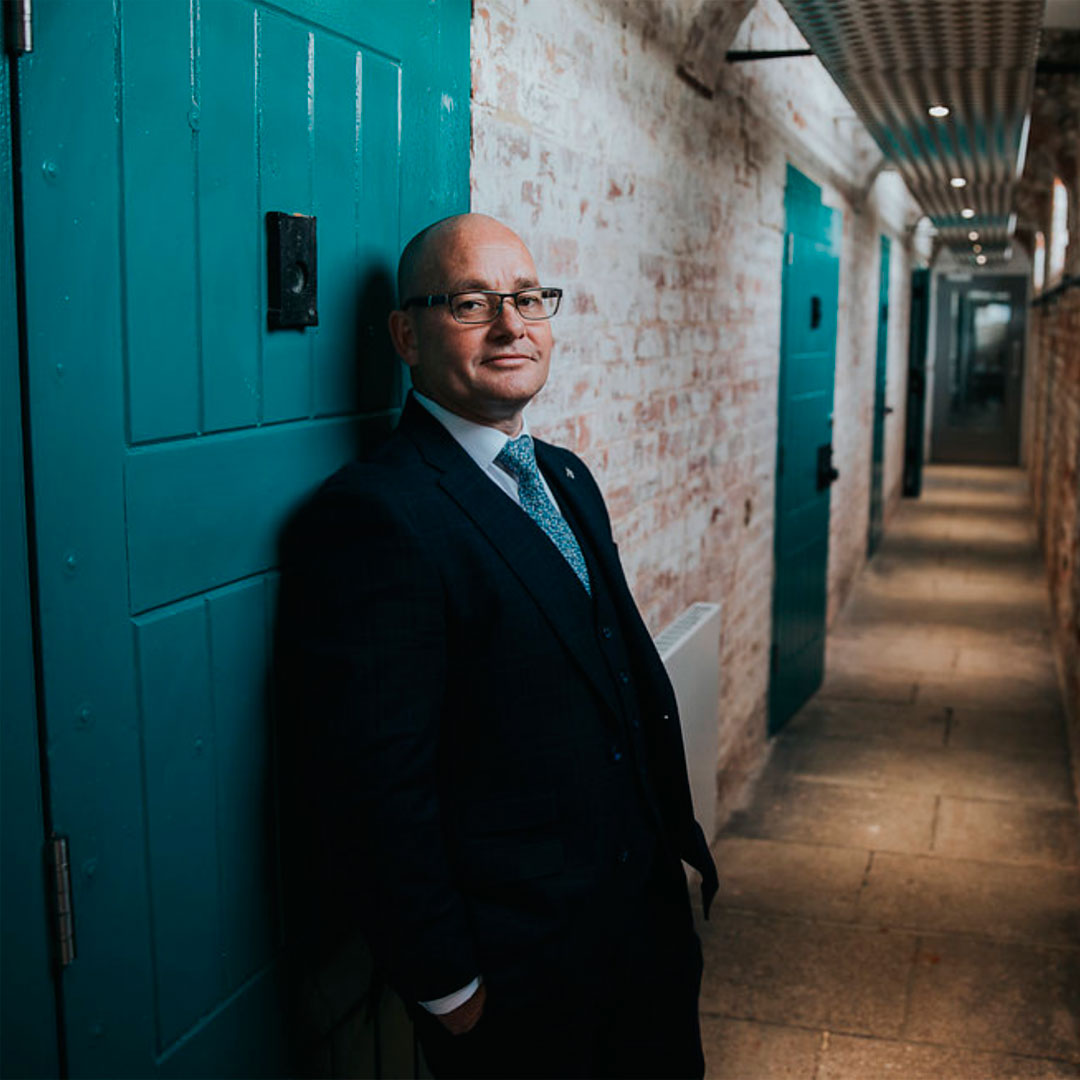Photography by Brian Moody
In April 1999, three-year-old Isabel Maude suffered multiple organ failure and cardiac arrest as a result of doctors failing to recognise the life-threatening symptoms of Necrotising Fasciitis, a bacteria that rapidly eats the flesh. Isabel survived, but was left with a large wound requiring extensive plastic surgery.
On day three of chicken pox Isabel developed a high fever and became very listless. We took her to our GP who said it was just a symptom of chicken pox. But that evening Isabel developed a purplish swelling around her tummy. This time we went to casualty where a very young doctor assured us it was nothing to be alarmed about.
The next day she started vomiting blood. We rang our GP who told us to ring A&E, but A&E just told us she was dehydrated. They thought we were just anxious parents panicking over our first experience of chicken pox. In the end we were so desperate we walked into casualty with Isabel practically dead in our arms. Even then, when the nurse couldn’t get a blood pressure reading, she blamed it on a broken instrument.
It was only when Isabel collapsed with delirium that people took notice. Immediately she was rushed away in an ambulance to St Mary’s Paddington. That evening we were told she was displaying the potentially fatal symptoms of Toxic Shock Syndrome and Necrotising Fasciitis, also known as “the flesh-eating bug”. It has a 60% mortality rate and the only way you can stop it is to cut away the infected flesh. In the surgery that followed Isabel had extensive areas of flesh around her tummy cut away.
We were in a state of shock, but you cope by dealing with each stage as it comes. On a couple of occasions we were told we would probably lose her, and if we didn’t that she’d definitely be brain damaged. At one point she had a heart attack and they lost her pulse for half an hour.
And then, miraculously, she started to recover. The doctors couldn’t believe it. Once we knew she was going to live, a consultant intimated that we had been very badly treated by the other hospital. At the same time a lot of friends were urging us to sue; they said we could accumulate a pot of money in the bank for when Isabel was 18.
But it didn’t feel right.
Yes, Isabel would have a rough time because of her surgery and subsequent deformity, but money wasn’t going to help. By suing we would only have succeeded in putting doctors off medicine. It seemed somehow vindictive. We have forgiven the doctors for not spotting the potentially fatal symptoms. These newly qualified young doctors just don’t have the experience to diagnose fatally sick children.
The doctors who have donated their time to help get Isabel up and running have all said the fact that we didn’t sue the NHS made them sit up and think. To blame doctors for what had happened to our daughter would have achieved nothing. The creation of Isabel, on the other hand, could help to save children’s lives. The beauty of Isabel is that it gives non-specialists the ability to become specialist consultants. We never dreamt it would become this big this fast.
Some people have asked would we have sued if Isabel had died, and it’s hard to know the answer to that one. But I don’t think so. I hope not, anyway.




